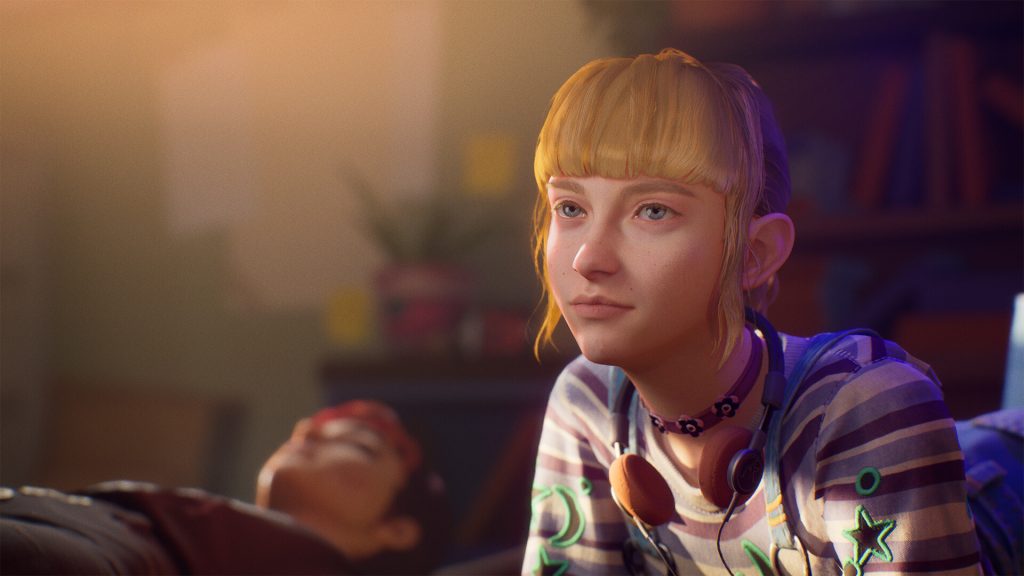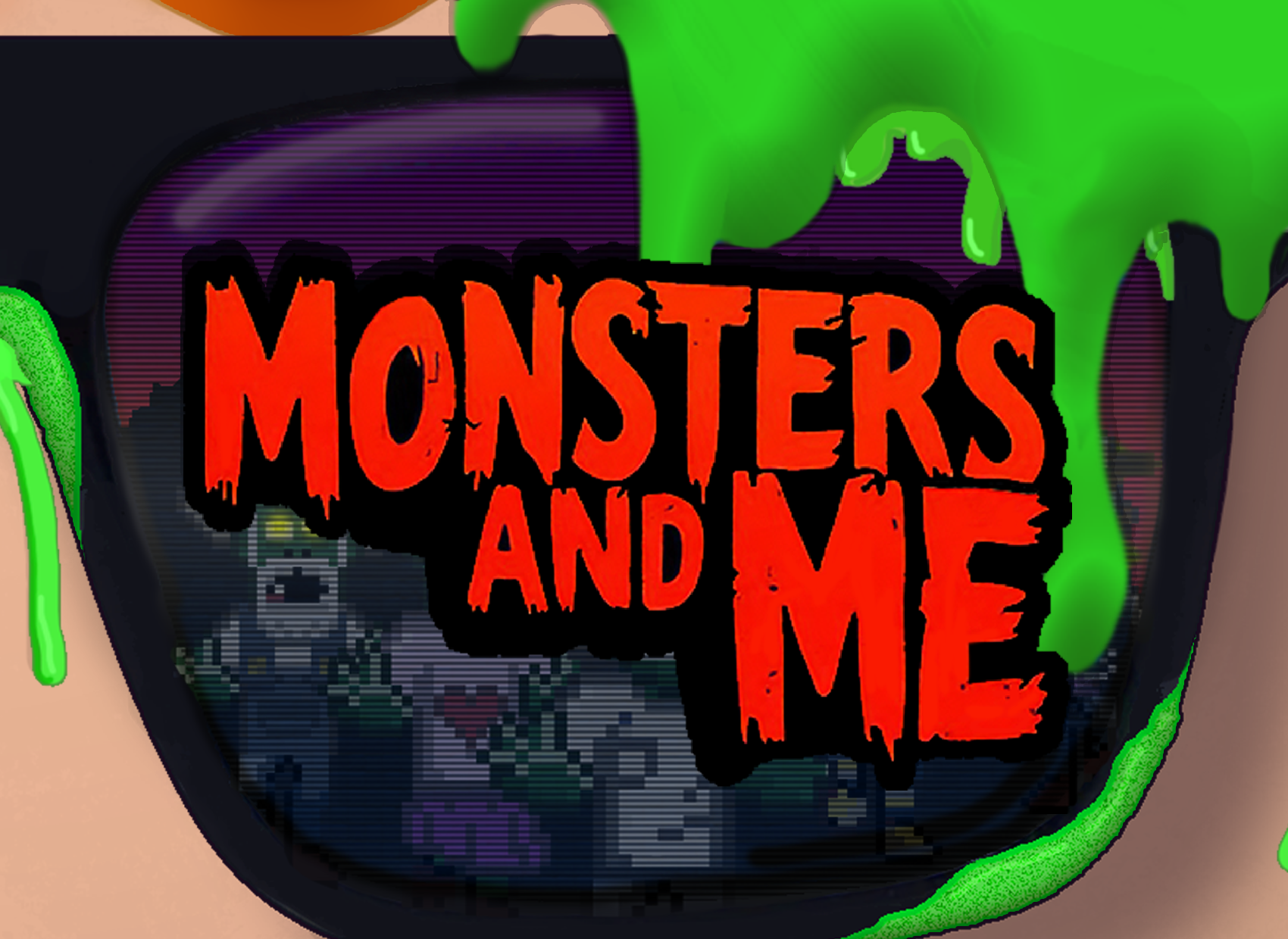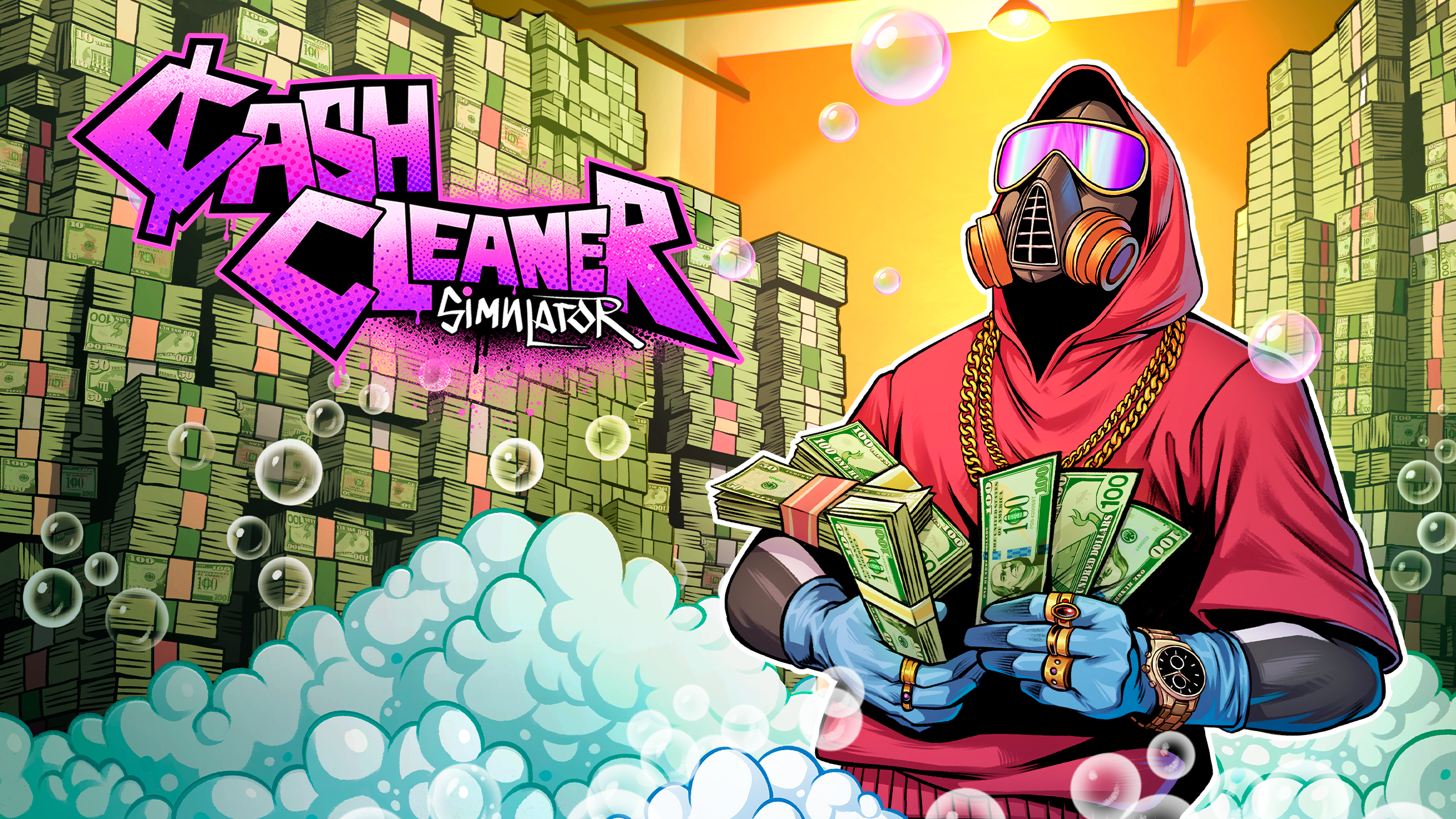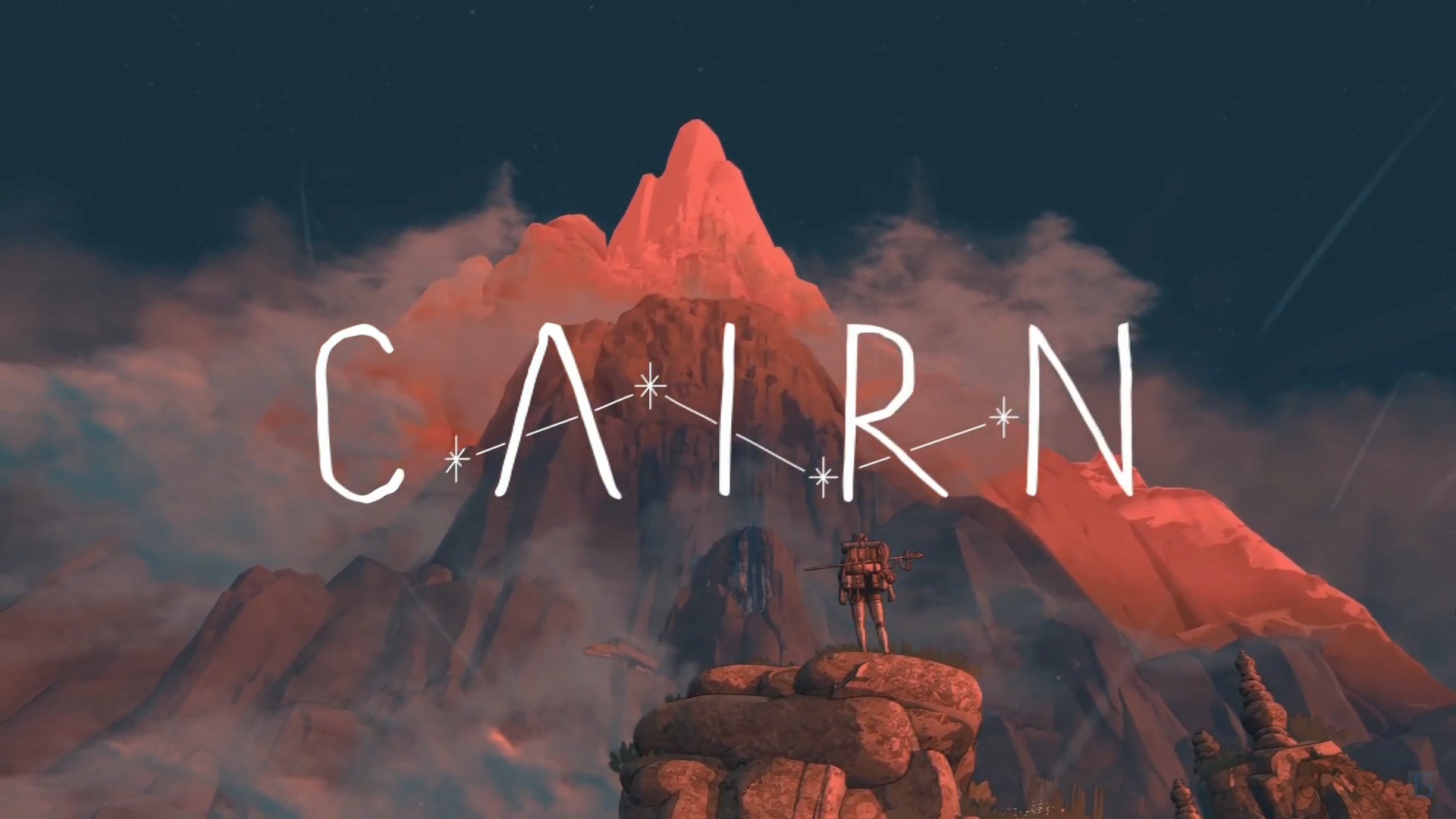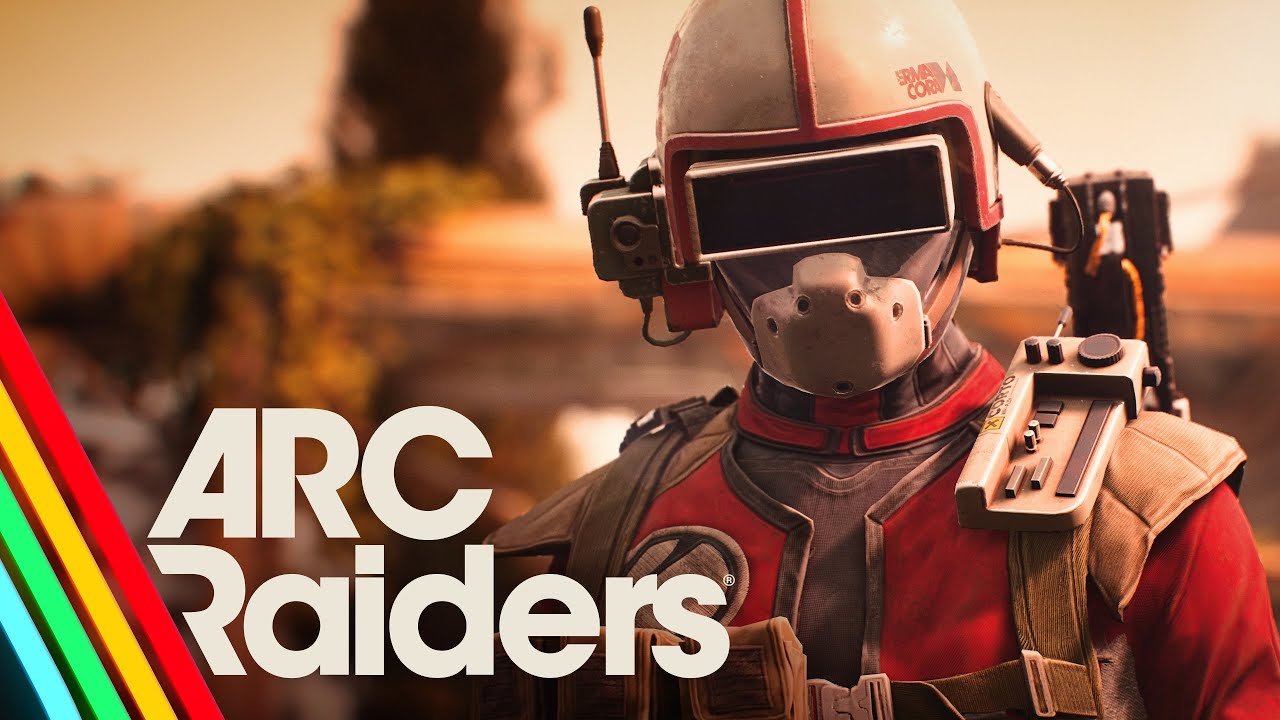“I think replay value is important, but for me, it’s okay if you decide to play the game only once,” says DON’T NOD Montreal’s Michel Koch.
DON’T NOD is no stranger to narrative adventure titles with extensive dialogue systems, where your choices can affect the course of the story. While Lost Records: Bloom and Rage sees one playing through two timelines – Summer of 1995 and 2022 – and making decisions that affect each, the development team at DON’T NOD Montreal is going with a slightly different approach to its dialogue system.
“We are also trying to learn from what we did before for the dialogue system because talking is very important in a game like this,” said studio creative director Michel Koch when speaking to CG Magazine.
“You are talking for your character, you are making choices, you are talking to other characters, you are listening, and what we’re trying to do with Lost Records: Bloom and Rage is to make the dialogue system slightly more interactive and naturalistic in a way that you will be able to have much more urgency about when to talk when not to talk, how to use some of the things that are around your surroundings to bring new dialogue topics to the discussions.”
This might sound similar to Oxenfree, Night School Studio’s adventure game, where players could reply in various ways (or not at all) while other characters would react naturally. “We want to try to make you feel like you’re part of a group of friends and try to find a new space within this group by how you communicate with others. But for the rest, we are still keeping the same DNA where Lost Records: Bloom and Rage will be a narrative adventure game where you have a lot of world-building, moving around in an environment, finding clues and looking at environmental storytelling like we did in the previous games.
“It will be a lot of just exploration of the environment, dialogue with characters, using some of the interactive tools we are giving to our players to recreate the story, and, of course, playing with all the branches and hopefully, that will create a lot of replay value where you can replay the story at the end and make a different choice, make different decisions, both in the present and the time to change the outcome of the stories, both at the end of the Summer of 95 and at the end of the reunion evening in 2022.”
When asked about the replay value and whether there are multiple endings, Koch was reluctant and couldn’t comment on the number of endings and branches. However, he noted, “It’s still Swann’s story, but it’s your version of Swann’s story where, hopefully, in this game, even more than some of the others, we want you to have the opportunity to put more of yourself when you decide what to answer, where do you want to drive Swann and the group storyline, both in the past and the present time. So, I think replay value is important, but for me, it’s okay if you decide to play the game only once.
“What’s important is that the version of the game you played makes sense for how you wanted to behave with the other girls, what kind of relationship you want it to have and if you want to replay it, of course, that’s great because you will be able to experience different branches, different endings both in the past and the present, what would be the fate of the group in 1995, in 2022.”
Koch feels this is more important than “replay value for the sake of replaying the game; it’s making sure that when you play the game, you feel that the game is reacting to what you do in a meaningful way. That’s important so that even your first playthrough feels complete and feels like you have your version of the story and the character you enjoyed – that you loved – and it all makes sense with the choices made.”
Lost Records: Bloom and Rage launches in late 2024 for Xbox Series X/S, PS5 and PC. Check out the latest trailer here, which sees one of the four protagonists, Swann, using a camcorder. Koch didn’t go into much detail on how it works, but confirmed it would play a “big role”, and used for solving puzzles and storytelling.

